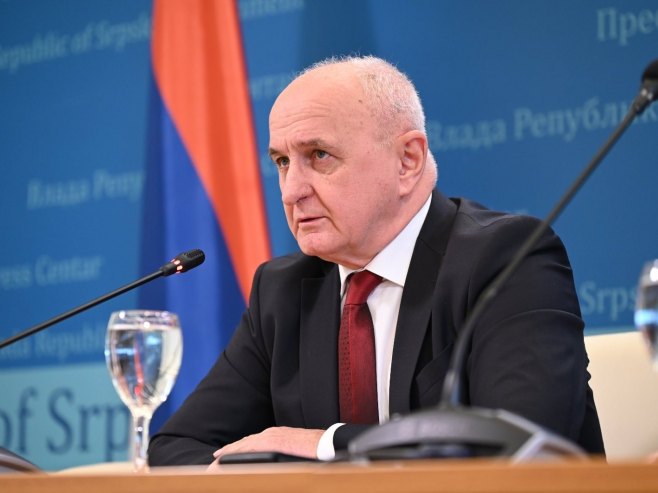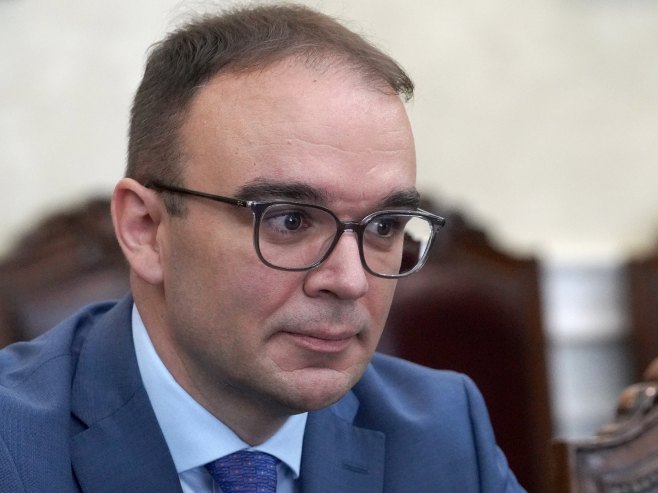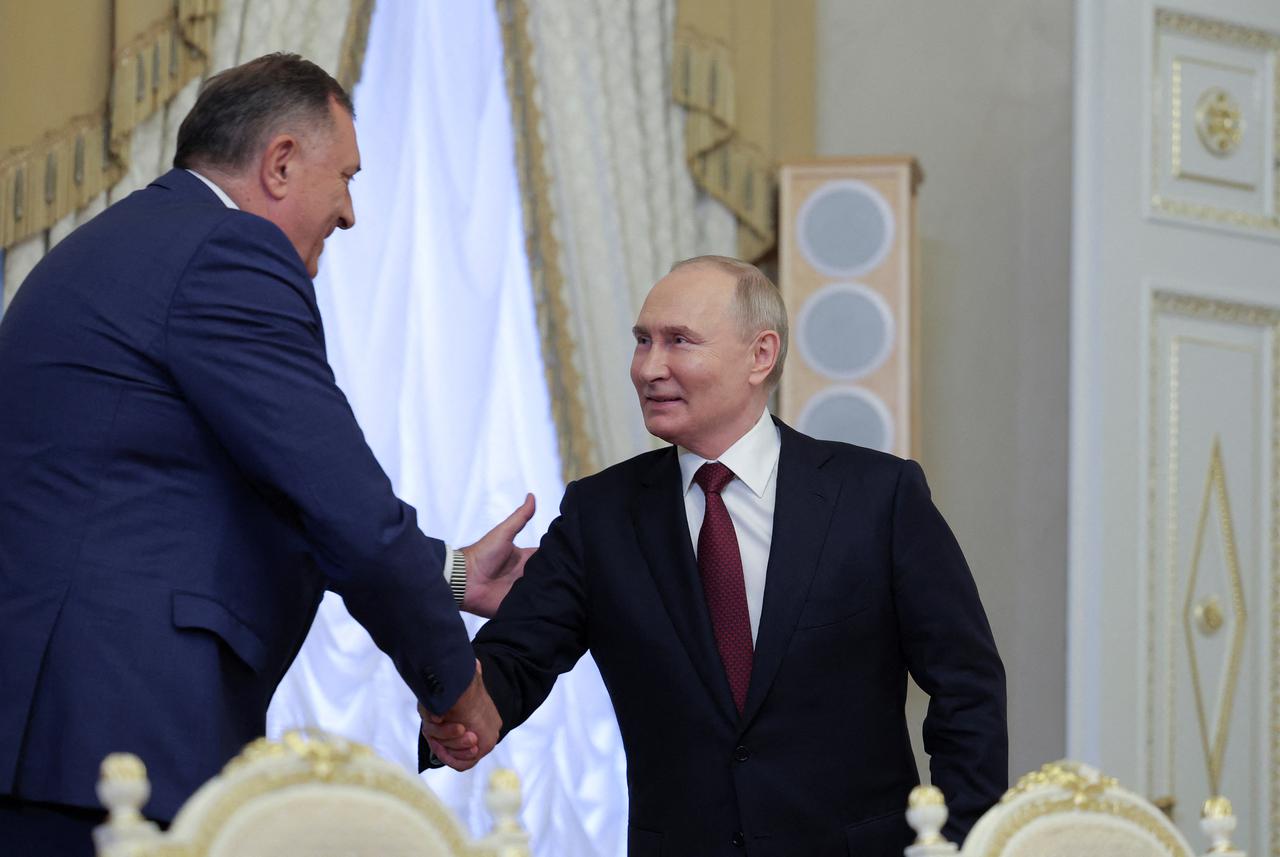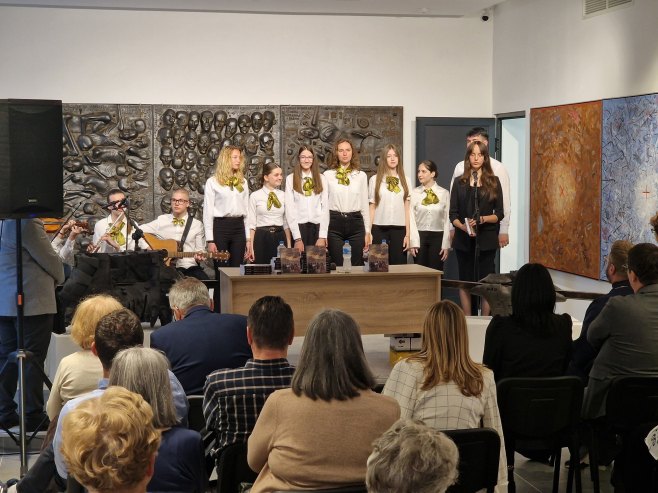The Ambassador of Bosnia and Herzegovina to Serbia, Aleksandar Vranješ, stated that the announced visit of the Chairwoman of the BiH Presidency, Željka Cvijanović, to the United States shows that things are slowly beginning to change, and that the new American administration does not hold the same stance as the previous one, which had sanctioned Serbs and Republika Srpska.
Speaking about Cvijanović’s planned address at the UN Security Council session in New York in early May, as well as her participation at the NATO Parliamentary Assembly session in Ohio from May 22 to 26, Vranješ emphasized that this development presents a major problem for political Sarajevo, which did not believe Cvijanović would obtain a visa, given that she is on the U.S. sanctions list.
“They expected this would not happen, because according to their logic, all doors should have been closed to the Serb leadership. But now we see that things are slowly changing,” Vranješ said for Televizija Prva.
He noted that an even greater problem for Sarajevo is the fact that Cvijanović will be speaking on behalf of BiH at the UN Security Council and during panels in Ohio—where the Dayton Agreement will also be discussed—and that she will present the situation as it truly is.
“The biggest problem within political Sarajevo is when a Serb elected representative speaks at an international forum and tells the truth about the situation, including raising the question before the UN Security Council whether Christian Schmidt was ever appointed as High Representative by any Council decision,” Vranješ stated.
He pointed out that political Sarajevo had become accustomed to this not happening, because the previous U.S. administration, through the now former U.S. ambassador to Sarajevo, Michael Murphy, acted differently, imposing sanctions on the entire leadership of Republika Srpska.
“It was completely unjustified to impose sanctions in such a way, declaring someone guilty without basis. Željka Cvijanović is also on that sanctions list. Sarajevo believed that situation would persist, and they thought it would stifle the political capacity of Republika Srpska. They considered the matter closed—until Željka Cvijanović received her visa for entry into America,” Vranješ explained.
The Head of the Republika Srpska Representative Office in Serbia, Mlađen Cicović, who appeared alongside Vranješ in the same program, emphasized that it is important that Republika Srpska remains firmly committed to dialogue and agreement among the three constituent peoples and two entities in BiH.
Cicović believes that the solution to the constitutional and political crisis in BiH lies in representatives of the three constituent peoples and two entities sitting down together and placing Annex IV of the Dayton Agreement—which defines all relations—at the center of joint discussions about BiH’s future.
Source: RTRS






)


